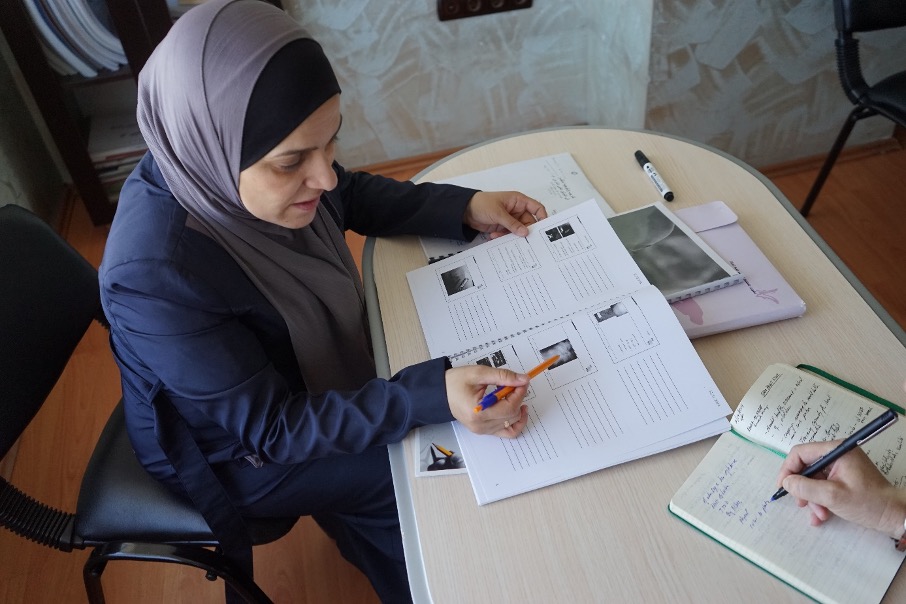
The Issue
Civil society organizations play a significant role in the promotion of justice for core international crimes and serious violations of human rights, especially through documentation and advocacy. In the absence of credible accountability mechanisms or the rule of law, communities that have been deeply affected by abusive regimes or conflict work to gather and preserve detailed information about atrocities. The hope is that this information can in turn be used as evidence by justice mechanisms. Civil society organizations conduct interviews with survivors, draft reports on alleged violations, advocate for the establishment of justice mechanisms, and file cases in courts on behalf of victims. All of this information can feed into current or future justice processes concerning killings, disappearances, torture, sexual violence, crimes against children, or other violations that may amount to war crimes, crimes against humanity, or even genocide. Collecting documentation can prove to be incredibly difficult, in the absence of a single, commonly accepted set of rules of procedure and evidence. As such, organizations are increasingly looking for appropriate tools to contribute to justice efforts in a way that is as safe and victim-centered as possible.
Our Solution
Justice Rapid Response’s Civil Society Programme provides expertise to civil society organizations wishing to build their own capacity to effectively document serious international crimes and violations of human rights. We work with select civil society organizations to strengthen their ability to identify, collect and preserve information about atrocities. This allows them to engage in justice processes with national and international courts, United Nations-mandated investigations and human rights monitoring mechanisms, truth commissions and memorialization initiatives. After receiving a request for support, Justice Rapid Response conducts a thorough vetting process and assessment for each civil society organization based on a standard set of criteria. A small team of experts then carries out a consultation mission in order to determine the individual needs of the organization. We then create a programme designed to fill critical gaps in the skills or procedures of the organization. Through sustained engagement, our experts work closely with these organizations on strategies for documentation and methods to collect and preserve information. Justice Rapid Response experts also research and map justice processes that are available to survivors and advise civil society organizations on how they can engage. As with all of our work, we advocate for justice processes that prioritize the safety and well-being of survivors.
Our Approach
Justice Rapid Response offers seasoned technical experts from the criminal justice and human rights sectors who can best support the documentation strategies of a civil society organization. Expertise requested include specializations such as: transitional justice; human rights; sexual and gender-based violence; witness and victim support; legal analysis; child protection and security.
Our Impact
As a result of our work, civil society organizations documenting human rights violations have increased their capacity to effectively identify, collect and preserve information in a victim-centered way for the purpose of investigations, prosecutions or other justice processes. With improved strategies and knowledge, these organizations are better equipped to engage with justice processes, whether now or in the future, and to promote the dignity of survivors
Read More: ENG | SP | Contact Us